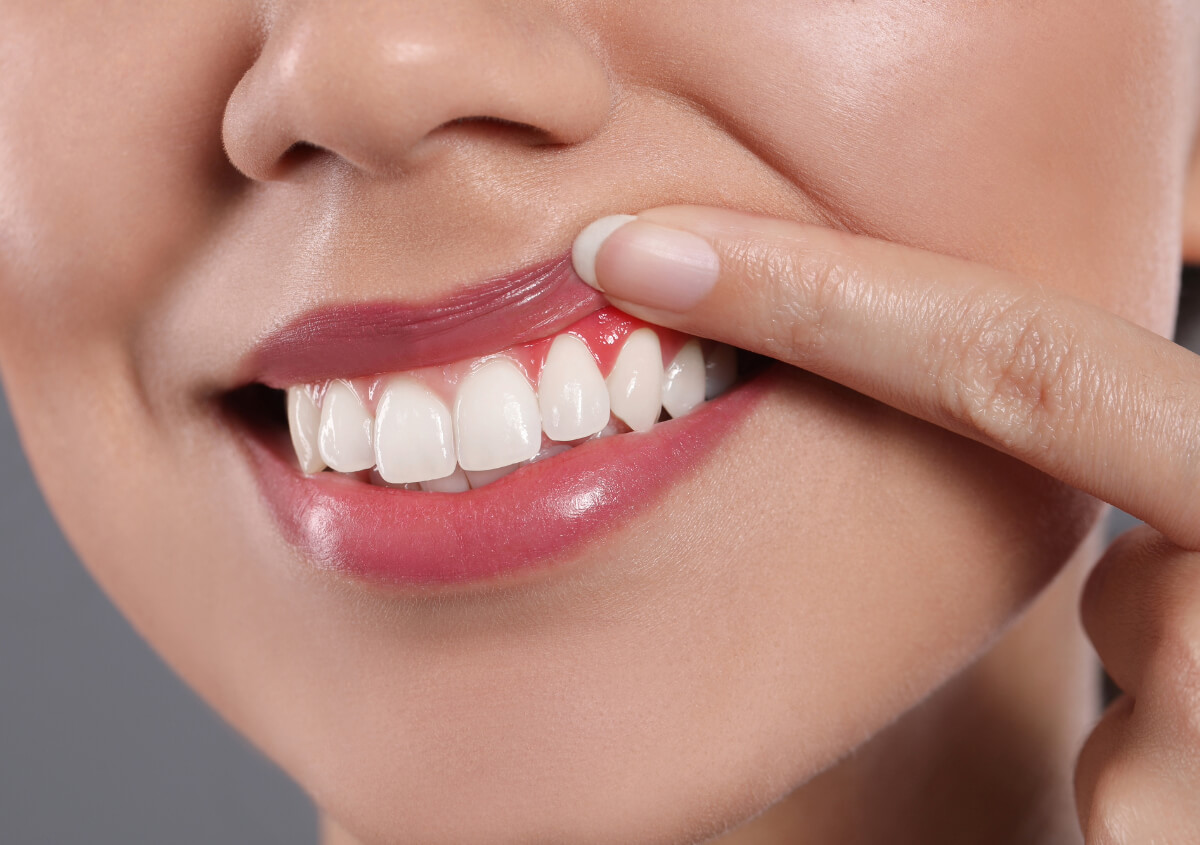


11
Dec
Common Reasons You May Be Suffering From Gum Disease

Gum disease is incredibly common and one of the leading causes for people in Winnipeg, Manitoba, to seek professional dental care. An infection of the gums is typically easy to reverse and treat, but if left untreated, what results is incredibly detrimental effects on oral health.
Gum disease occurs in two stages: gingivitis and periodontitis. Dr. Hoda Hosseini, Dr. Katie Chung and the team at ClearCare Periodontal & Implant Centre would like to share some of the common reasons you may develop gum disease.
Built-Up Plaque and Tartar
When bacteria collects in your mouth, particularly on your teeth, a sticky substance called plaque will begin to form. This plaque contains harmful bacteria and acids, leading to tooth decay if not regularly cleaned away. When left uncleaned for more than 24 hours, plaque will begin to transform into a much harder-to-remove substance called tartar. Regular brushing and flossing cannot remove tartar. Instead, you must visit a dentist to get these tartar deposits removed with professional cleaning equipment. This same plaque and tartar will make its way to your gumline, infecting the tissues there. Your body’s natural response to infected gum tissue is inflammation. This inflammation of the gums is called gum disease.
Use of Tobacco Products
Any doctor or medical professional will warn you about the adverse effects of tobacco use. From the harm these products do to your lungs to the increased risk of cancer they cause, tobacco use is known to be dangerous. The use of tobacco will also make your gums more vulnerable to infection and put you at a higher risk for periodontal (gum) disease.
Hormonal Changes
Hormonal changes are entirely out of your control, but women are at higher risk of gum disease during their monthly menstruation cycle and also while pregnant. This does not mean women who are undergoing hormonal changes will automatically succumb to gum disease. It just means extra steps can be taken to ensure gum disease does not develop. Making sure your oral hygiene routine is strictly followed and seeing a dentist more often (especially during pregnancy) can help.
To learn more about how gum disease can affect you and how to treat it, please schedule an appointment with Dr. Hosseini and the team today by calling (204) 421-9236.




